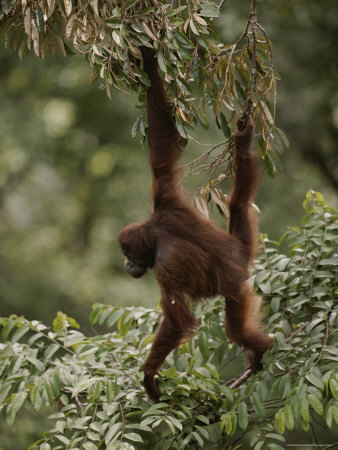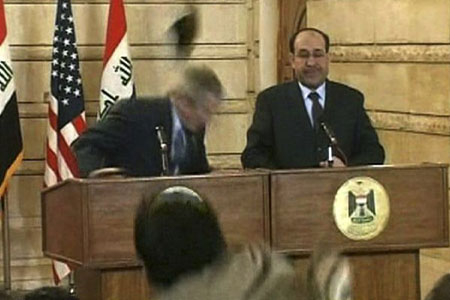
Research
shows that nine-spined stickleback fish learned by watching other fish find food.
Of 275 fish, researchers gave some access to a feeder with worms and others a feeder with nothing. Next, the fish watched other fish eat, but the feeders were switched. The sticklebacks learned through
experience that feeder A gave more worms, but through
observation they saw feeder B was better. When going back for seconds, they relied on social cues, not their own experiences, and chose feeder B.
While we know animals learn from one another, this finding demonstrates humans are not the only living creatures capable of making judgment calls. To selectively follow such cues demonstrates sophisticated social learning.






